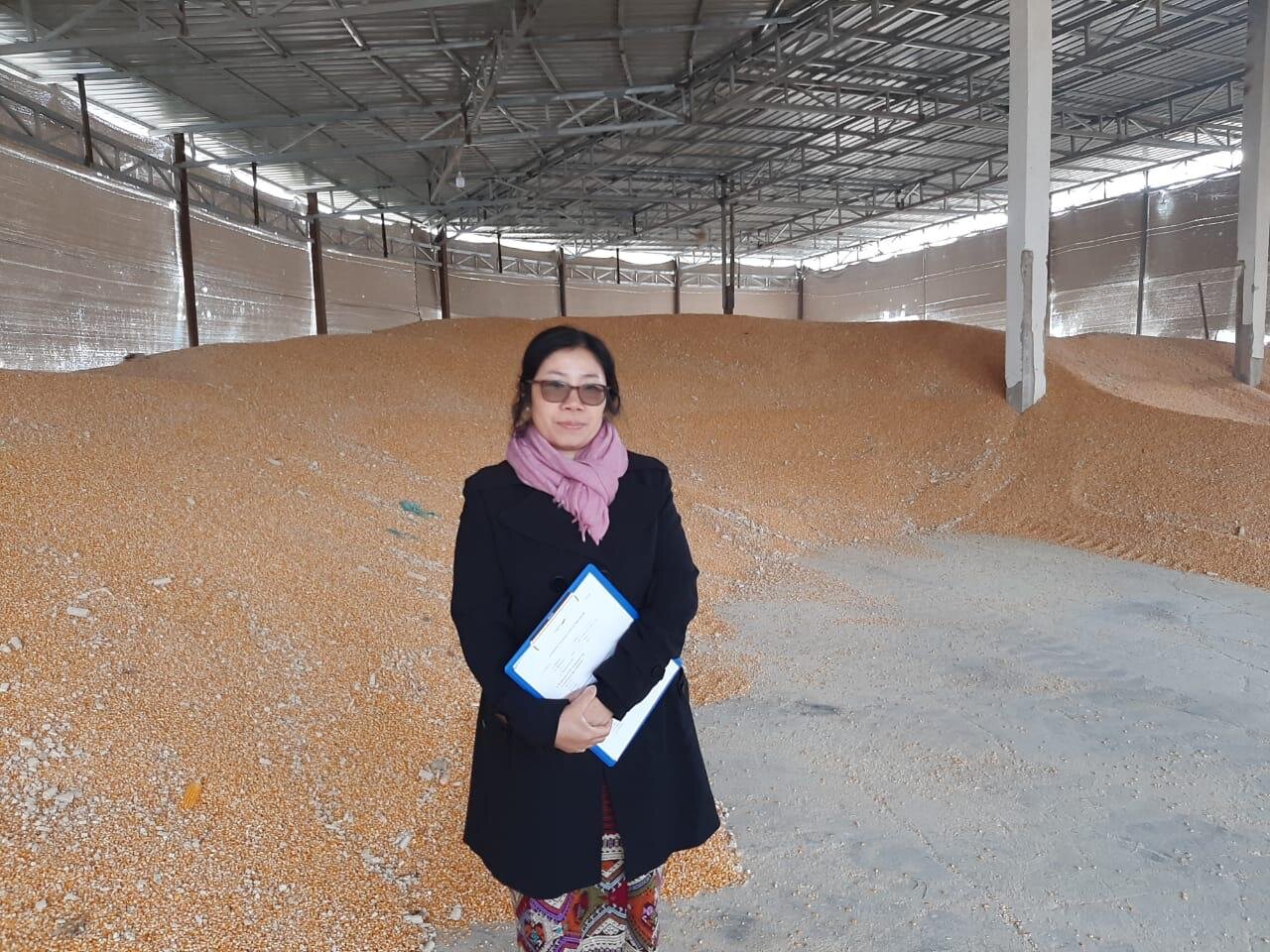Ensuring future supply of meat for the people of Laos
At the peak of the COVID-19 crisis in Laos last year, as travel ground to a standstill, the livestock markets were at sixes and sevens.
In some provinces, customers experienced meat shortages as rural farmers struggled to get their produce to market or paid handsomely for the meat that was available as transport prices soared. In other provinces, farmers unable to offload their stock faced hefty bills for animal feed. The economic and social impacts on a nation so heavily dependent on agriculture were far-reaching.
From the National University of Laos, researcher Dr Daovy Kongmanila watched how lockdowns highlighted the people movements and transport networks that underpin the delicate web of commerce between villages, districts and provinces.









"The travel restrictions had a domino effect on every sector of the livestock food chain - from the farmers and feed producers to the consumers," Daovy said.
"When demand dramatically decreased, because people were locked down, some farmers could not sell their livestock. One provincial slaughterhouse saw a 60% reduction in production. Farmers who had to keep feeding their animals also soon found that the price of feed had skyrocketed, but, on the flipside, their meat also commanded higher prices due to the high demand.
"Farmers producing corn for export had trouble travelling or had to pay higher transport costs. But those who could sell their corn enjoyed high prices because demand was also high."
As the primary source of income for rural farmers, major source of dietary protein for the nation's population and main provider of organic fertiliser for crop production, livestock are vital to Laos' day-to-day life and future development. The Lao Government has set ambitious targets to intensify production within the country's herds and to increase meat exports to satisfy forecast internal and external demand (see box) under a program of ambitious industrialisation and modernisation.
All of this, Daovy says, makes understanding how supply chains work - especially during times of crisis - vitally important. Identifying the pressure points exposed by COVID-19 may, in fact, help Laos to prepare for future external shocks and thereby guarantee food security.
"As a researcher in livestock sciences, farming systems and management, I am familiar with these intricate networks," she says. "Producers are dependent on stock feed that is produced locally on a small scale, by larger commercial factories or imported. Domestic commercial factories supply pig and poultry farms, while aquaculture relies on imported feed from neighbouring countries, and Laos even exports cassava and corn for cattle production in Vietnam and China.
"During the pandemic, we have discovered how vulnerable these supply chains can be."
However, as the successful recipient of funding from ACIAR's Alumni Research Support Facility (ARSF), Daovy is casting a welcome spotlight on the systems behind the production and sale of ruminants, pigs, poultry and fish. She is leading a research team working in four provinces in central Lao (Vientiane capital; Borlikhamxay, Khammoun and Xiengkhouang), with the support of Dr Kim Alexander from James Cook University.
"We aim to identify the key players in livestock farming, how they interact and the impact the pandemic has had on their operations," Daovy says. "We hope to learn ways to help all those along the supply chain to remain profitable."
This month the team is conducting interviews and collecting data from the Ministry of Agriculture and Forestry and its district office, and the Division of Agriculture and Forestry office. Encouraging results have already seen it expand the sample sites, but it hopes to have the research completed by the end of July 2021.
"Studies of the livestock supply chain have seldom been carried out, yet it has such a big bearing on the livelihoods of farmers and the nation's economy," Daovy says. "For the first time, we can see the situation of farmers, who make up 70% of the Laos population and for whom livestock is their main source of income."
The prestigious Meryl Williams Fellowship is funded by ACIAR and supports female agricultural researchers across the Indo-Pacific to improve their leadership and management skills. The Fellowship contributes to more secure food systems by providing women in agricultural science with greater access to resources and decision making, building collaborative networks, supporting career advancement and driving institutional progress towards gender equity.
Words by Amanda Burdon for Gender Equity in Agriculture Research and Development (GEAReD)

